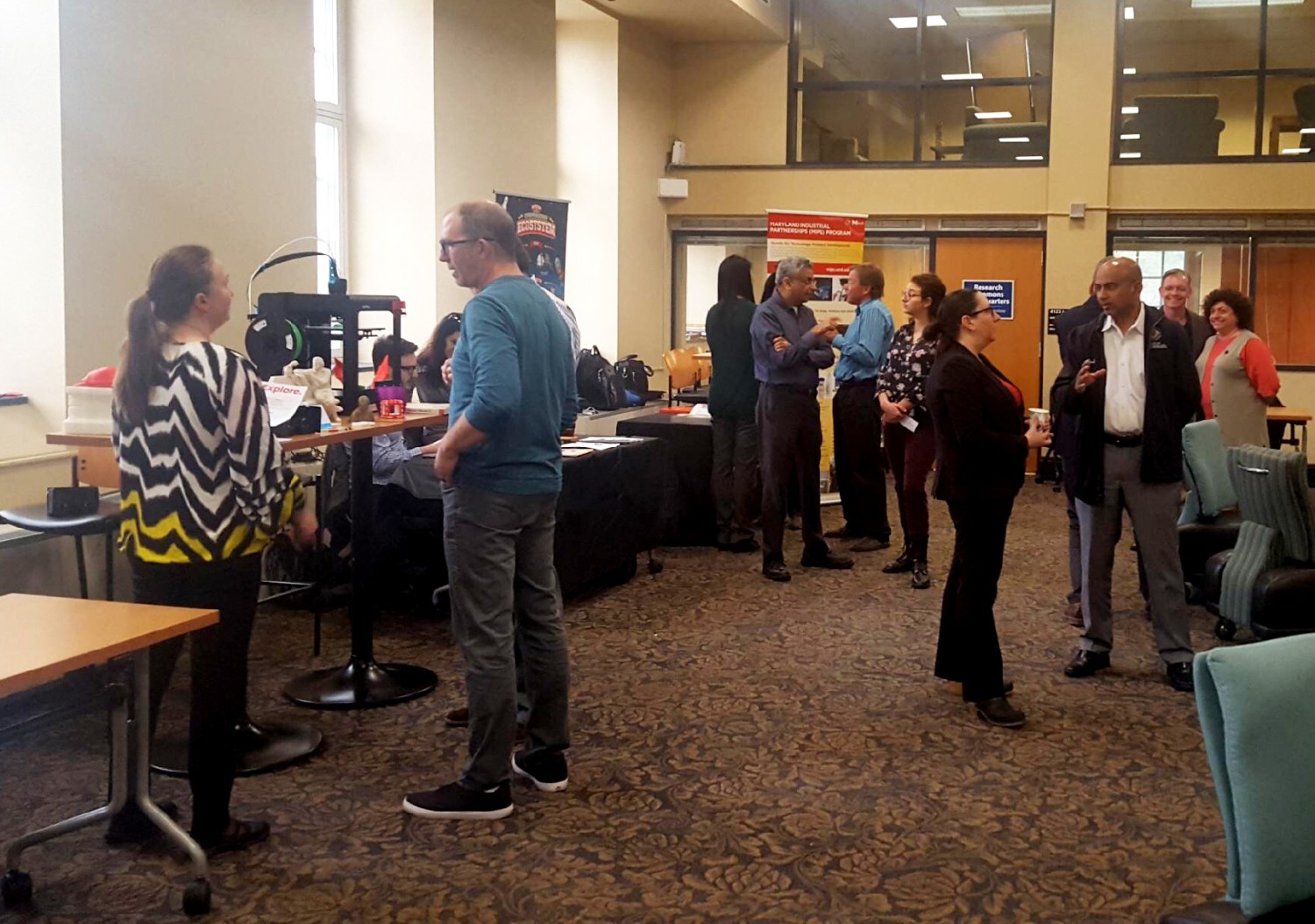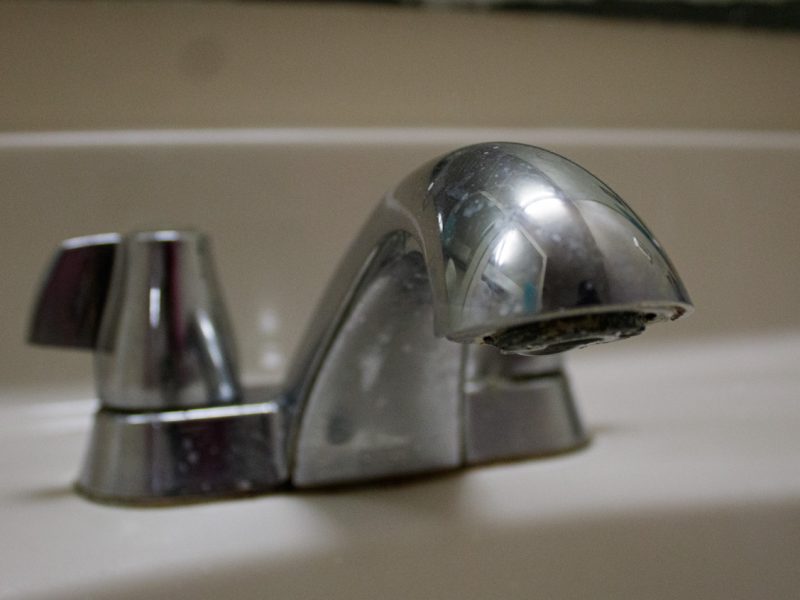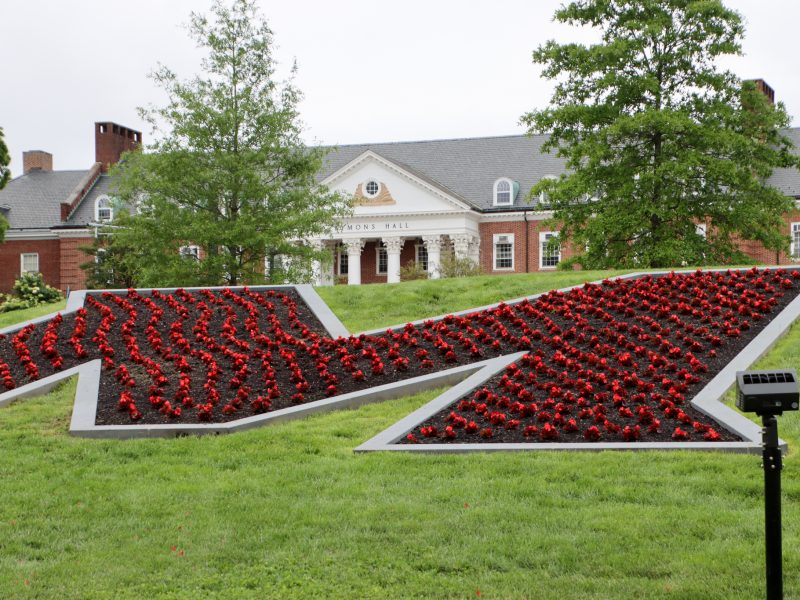The University of Maryland is in the process of creating locations around the campus, called “startup hubs,” to provide entrepreneurial resources for students, faculty and alumni.
The hubs would feature an office with an individual who will be in the building at least once a week to answer students’ questions about startups or business ventures to connect university alumni and current students who have startup projects to campus resources, said Sameer Popat, who works within this university’s research division.
Popat said many university organizations have resources students can take advantage of — such as The Dingman Center for Entrepreneurship and the Do Good Institute — but they are all in different locations. The goal of the startup hubs, he said, is to create one brand for all resources called Startup UMD.
[Read more: The University System of Maryland is establishing a $25 million fund to support startups]
“We would like to create hubs where there are entrepreneurship and innovation resources around the university in places that are under-utilized or sometimes untapped,” Popat said.
The specific resources featured at the hub have not been decided yet, but will likely include collaboration from entrepreneurship organizations at this university, Popat said.
The first startup hub will open during the fall semester in McKeldin Library, he added.
“The libraries actually have a ton of resources that no one knows about,” Popat said. “All of these great amenities are available to students, but sometimes they just don’t know that they’re there. We’ve found that is a similar issue in other places on campus too.”
[Read more: A UMD startup uses virtual reality to tell the story of Syrian refugees crossing Europe]
McKeldin Library currently features a 3-D printing lab, geographic information system resources and the Terrapin Technology Store, which has in-person tech support and warranty repairs.
This university’s library system also includes the Virtual Business Information Center, a collection of electronic and print business resources available on the university library website.
Another hub potentially opening during the fall semester would be located at the Diamondback Garage, which is behind The Hotel at the University of Maryland. The garage currently houses organizations involved in entrepreneurship, such as The Dingman Center and UM Ventures, Popat said.
Chris Rehkamp, student venture programs manager for the Dingman Center, said the hubs could be a valuable asset to students and alumni alike.
“There’s a lot of interested students and graduates who understand the entrepreneurial process and want to get involved in it,” Rehkamp said. “The more we can do that on campus with the resources we can offer the better we can serve the student body and the better we can exist as part of this ecosystem in the DMV and United States.”
The Dingman Center is developing a similar program, where student “entrepreneurial catalysts” show other students how to access university entrepreneurial resources, Rehkamp said.
Matthew Fan, a sophomore computer science and mechanical engineering major and executive director of Startup Shell — a nonprofit organization that provides a network for student-run startup companies to expand — said he is excited about the creation of the startup hubs.
“Being able to foster a place where entrepreneurship can grow is important,” Fan said. “There’s so many resources on campus and this idea is a great way for students to explore and experience entrepreneurship without making it a full time job.”
Popat said he hopes to have student mentors at the hubs, similar to the Dingman Center’s program. A website that would list every innovation and entrepreneurship resource and organization available at this university is also in the works, he added.
“We basically just want to elevate all the resources and make sure that everyone on campus knows that they exist,” Popat said. “In whatever way we can tap into those places that are being under-utilized and bring them up, that is our goal.”



